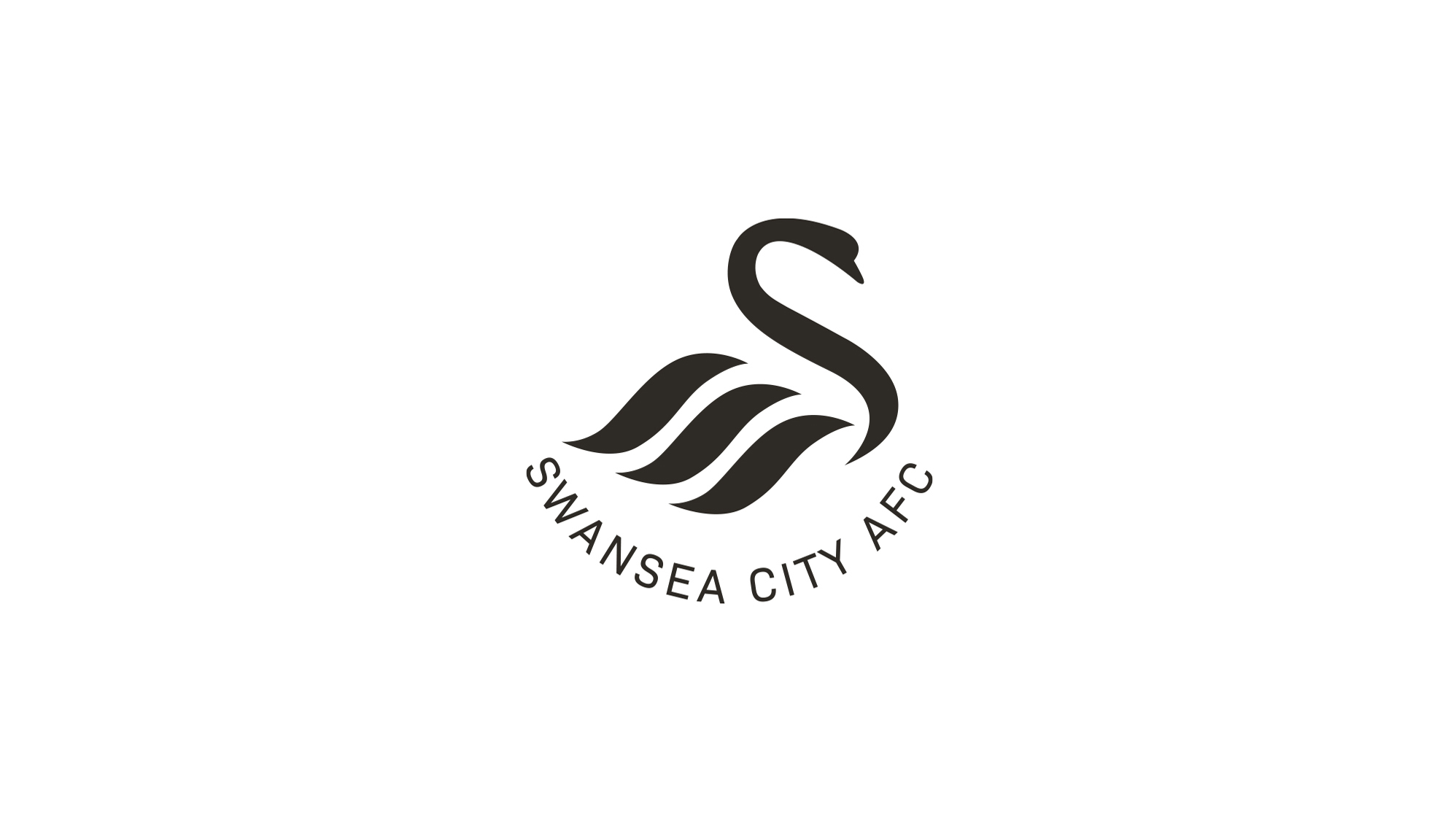Swansea City confirm latest accounts
Swansea City has reported a pre-tax profit of £2.7m for the financial year ending July 31, 2020 in its latest set of accounts, which are in the process of being filed at Companies House.
This follows a loss of £7m from the previous year (July 31, 2019) and a further loss of £3.2m from the financial year ending July 31, 2018. All figures are before taxation.
Turnover for the year was down to £50m compared to £68m for the previous year, largely due to the decrease in the club’s parachute payments as a result of relegation from the Premier League in 2018.
Broadcast revenue was £38.9m compared to £51.6m the previous year, while commercial revenue dropped to £2.6m from £3.4m. Matchday income also fell to £4.8m from £6.5m.
It is worth noting that the club, as with the rest of society, had to deal with the effects of Covid-19 and matches being played behind closed doors with no supporters from March 7, 2020. The initial three months of the pandemic will be reflected in these figures, in particular the drop in matchday revenue.
Total operating costs, including player amortisation and impairment costs of £10.7m (£29.6m in 2019) amounted to £64.5m compared to £103m the previous year.
The club employed an average of 321 members of staff - including playing staff, backroom staff and part-time matchday staff - during the year at a cost of £40.2m. This compared to 359 staff members at a cost of £48.9m the previous year – a reduction in staff costs of £8.7m.
The accounts include the sale of Oli McBurnie to Sheffield United, but not Joe Rodon to Tottenham Hotspur.
No dividends were paid to shareholders during the financial year.
“A clear profit is very pleasing,” said Swansea City chief executive Julian Winter. “Naturally, the club is still adapting to relegation from the Premier League, balancing the tricky conundrum of being competitive on the pitch and financially prudent off it.
“But an overall profit on the back of a loss the previous year shows a great deal of progress on the road to our overall business model of being financially stable. The reduction in parachute payments has, of course, been taken into consideration following a second season competing in the Championship.
“While the economic effects of the Covid-19 pandemic won’t be clear until next year’s accounts are published, the initial period when competition was suspended and the subsequent drop off in matchday revenue is reflected in this latest set of figures.
“The club’s paramount focus remains being able to be financially stable for the long-term, not just for its supporters but also for its proud community.”


